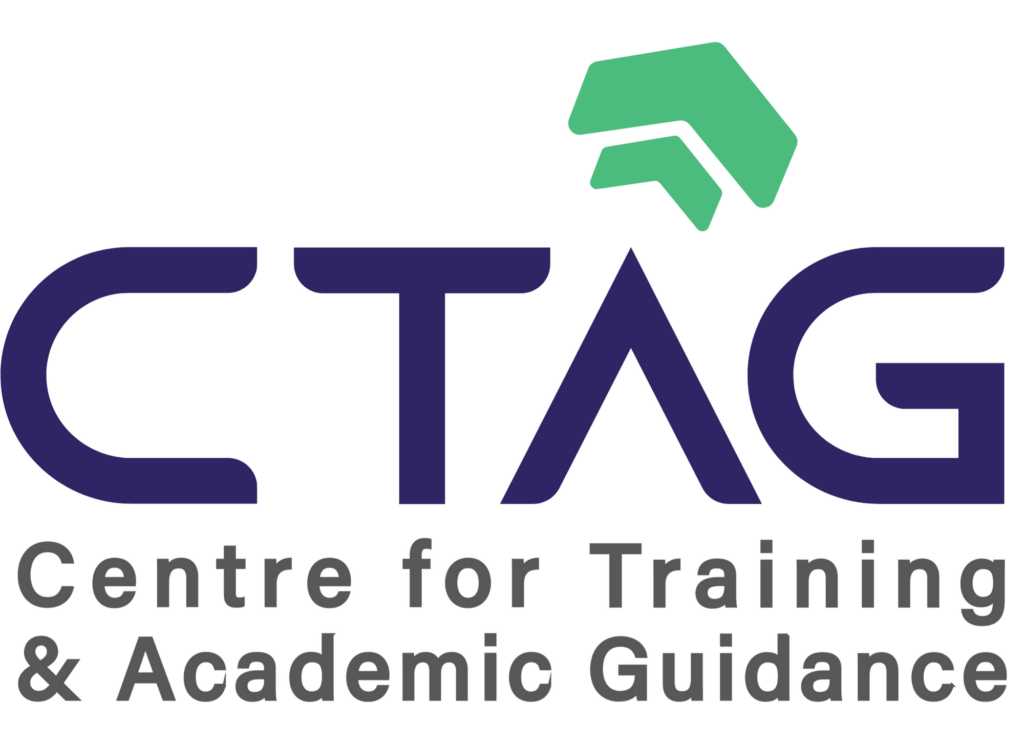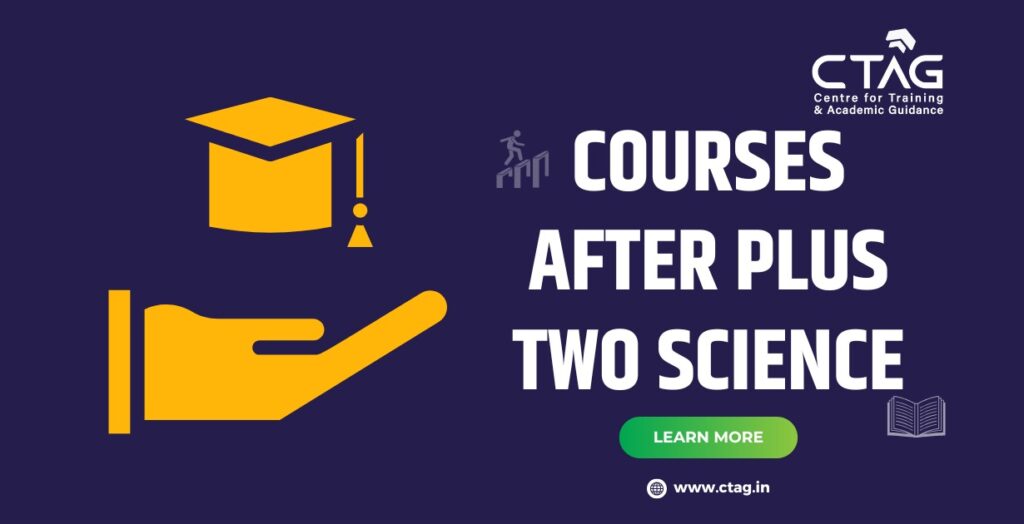Careers in Law: A Guide for Class 12 Students
Law is one of the most prestigious and rewarding career paths in India. It offers a wide range of opportunities, from practicing as an advocate in courts to working as a legal advisor in multinational companies. If you are a Class 12 student considering a career in law, this guide will help you understand the various options available, the educational path, and career prospects in the field of law.
Why Choose a Career in Law?
A career in law is not just about arguing in courtrooms. It is a versatile profession that involves critical thinking, research, and problem-solving. Here are some reasons why law can be an excellent career choice:
- Diverse Opportunities: Legal professionals can work in corporate firms, government organizations, NGOs, and even international institutions.
- Financial Stability: Experienced lawyers earn competitive salaries, and corporate lawyers or legal consultants can make lucrative incomes.
- Social Impact: Lawyers play a crucial role in ensuring justice, protecting human rights, and upholding the Constitution.
- Prestige and Respect: The legal profession is highly respected in society due to its role in upholding the law and order.
Skills Required to Succeed in Law
- Strong Communication Skills – Lawyers must be articulate and persuasive.
- Analytical Thinking – Ability to interpret laws and assess legal cases.
- Research Skills – Effective legal research is crucial for case preparation.
- Negotiation Skills – Lawyers must negotiate settlements and legal contracts.
- Ethical Judgment – Upholding justice and integrity is essential.
Educational Pathway to Becoming a Lawyer
After Class 12, students interested in law must pursue a law degree. Here’s how you can do it:
- Appear for Law Entrance Exams: The most common entrance test for law in India is the Common Law Admission Test (CLAT), which grants admission to National Law Universities (NLUs). Other exams include:
- AILET (For National Law University, Delhi)
- MH CET Law (For law colleges in Maharashtra)
- CUET-PG
- Enroll in a Law Course:
- 5-Year Integrated Law Program: This is for students after Class 12. It combines an undergraduate degree (BA, BBA, BCom, or BSc) with a law degree (LLB), such as BA LLB, BBA LLB, or BCom LLB.
- 3-Year LLB Program: If you have already completed graduation in any field, you can pursue a three-year LLB course.
- Internships and Practical Training: During your law studies, internships with law firms, courts, and advocates are essential for practical exposure.
- Enroll with the Bar Council: To practice as an advocate, law graduates must clear the All India Bar Examination (AIBE) and register with the Bar Council of India (BCI).
Career Options in Law
Once you complete your law education, various career paths are available:
- Advocate (Litigation Lawyer)
Advocates represent clients in courts and tribunals. They can specialize in criminal, civil, corporate, or constitutional law. To become a practicing advocate, one must enroll with the State Bar Council.
- Corporate Lawyer
Corporate lawyers work with businesses and multinational companies, handling legal matters like contracts, mergers, acquisitions, and compliance.
- Judge or Judicial Services
Law graduates can appear for Judicial Services Examinations conducted by different states to become judges in the lower judiciary.
- Legal Advisor
Legal advisors provide legal counsel to organizations, government departments, and private companies.
- Government Lawyer
Law graduates can work as Public Prosecutors, Government Advocates, or Legal Officers in various government agencies.
- Legal Journalist
If you have a passion for media and law, you can become a legal journalist, covering important court cases and legal developments.
- Human Rights Lawyer
Human rights lawyers work with NGOs, international organizations, and government bodies to advocate for justice and human rights.






